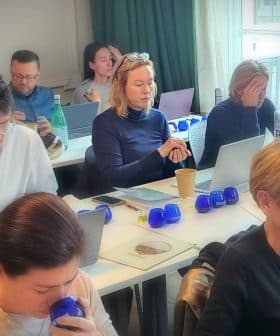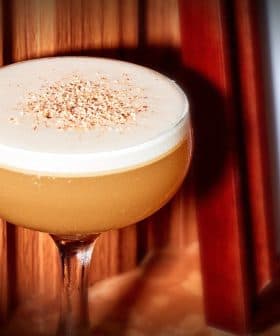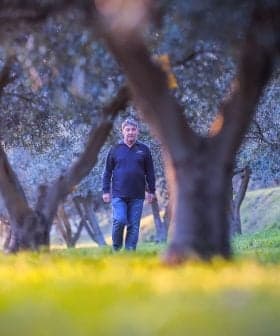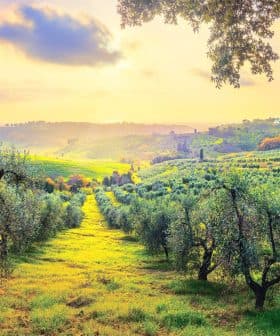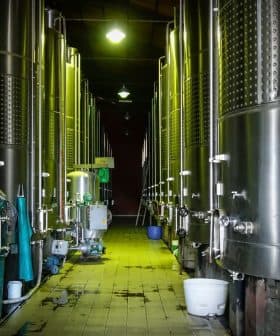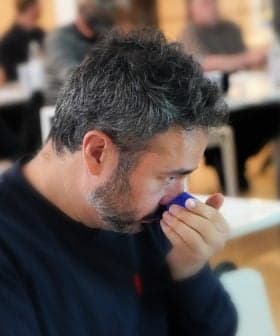Olive Center Expands Olive Oil Education to Adolescents and Children
The UC Davis Olive Center recently completed an educational program on olive oil for adolescents and adults, led by executive director Javier Fernandez-Salvador. The program included sensory analysis, cooking classes, and discussions on olive oil defects, with plans to expand the educational offerings to include children in the future.
More than two dozen adolescents and adults completed an olive oil educational program at the UC Davis Olive Center earlier this month.
Javier Fernandez-Salvador, the Olive Center’s executive director, told Olive Oil Times that the pilot program was, to his knowledge, the first of its kind in the United States that provided a comprehensive sensorial analysis and olive oil cooking class for children.
It’s essential that we get people understanding oil at a younger age.
“We wanted to experiment and see how everything went, and I think it went really well,” he said. “Our next approach will include doing a specific class for children. We need to reach this target audience first and expand from there.”
Over two days at the Robert Mondavi Institute in Davis, the adolescents learned how to perform olive oil sensory evaluation, including how to identify some common olive oil defects, about olive oil food pairings and took part in an olive oil cooking class.
See Also:Olive Oil Sommelier Certificate Program in London“We start with different exercises, going over what is bitter and astringent,” he said. “Then we show them how to perceive and use your retronasal.”
Once the adolescents learned how to taste, they were given samples of rancid olive oil that had once been quite a high-quality extra virgin and another fresh, green extra virgin olive oil.
Fernandez-Salvador said most of the children identified the rancid oil as the flavor profile they associated with olive oil.
However, everything changed after he gave them an excessively rancid olive oil that exhibited some fustiness, which occurs when olives have been stored improperly after the harvest and before milling and begin to ferment.
This whole process led to a discussion on olive oil defects and was immediately juxtaposed by tasting a very pungent and robust extra virgin olive oil.
Fernandez-Salvador said it was important for people to learn to differentiate defective olive oil from extra virgin olive oil at a young age. Like hearing or sight, both the senses of taste and smell begin to dull as people get older.
As a result, Fernandez-Salvador added that it is harder to train a 30-year-old to detect olive oil defects than it is to teach someone half of that age, which is the goal of the course. “It’s essential that we get people understanding oil at a younger age,” he said.
Thinking about how to cultivate best a sense of connection and curiosity about olive oil was also one of the reasons behind UC Davis asking chefs and cookbook authors Maria Loi and Jehangir Mehta to present the cooking section of the course.
Fernandez-Salvador, who has a teenage son himself, said that anecdotally he noticed many more young people becoming interested in cooking as a result of celebrity chefs and watching influencers present recipes on social media platforms, such as TikTok.
“We [also] covered a bit of the production,” he added. “We have a demonstration garden and a small orchard. We took them out there, and we did a little propagation. We showed them how trees are harvested.”
Fernandez-Salvador believes this type of education is necessary to increase per capita olive oil consumption in the United States and dispel some of the persistent myths about cooking with olive oil.
He intends to expand the Olive Center’s offering for children’s education in the coming year, including programs for young children.


